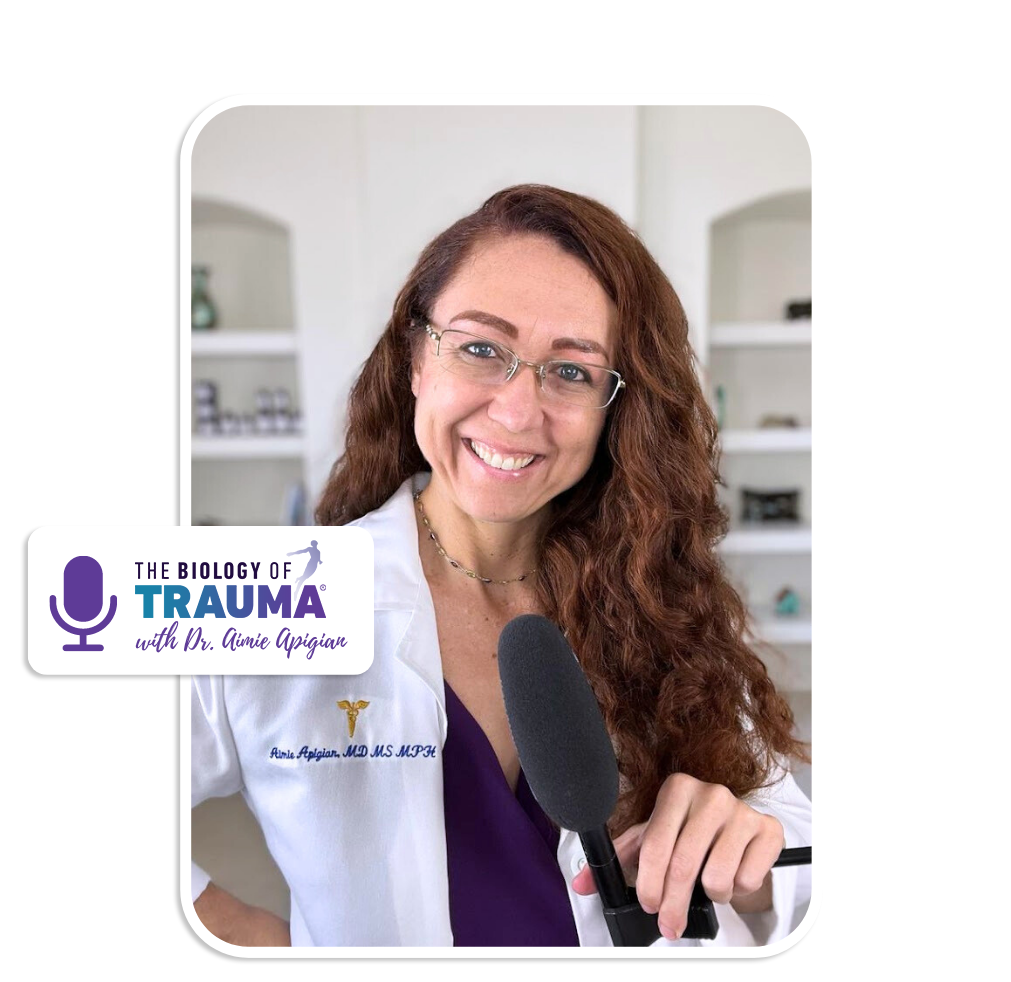
The Impact of Early Attachment Shocks: How Unexpected Stressors Can Cause Developmental Trauma & What To Do
This allows us to know how to adapt in every given moment that is far beyond or beneath our conscious awareness.”

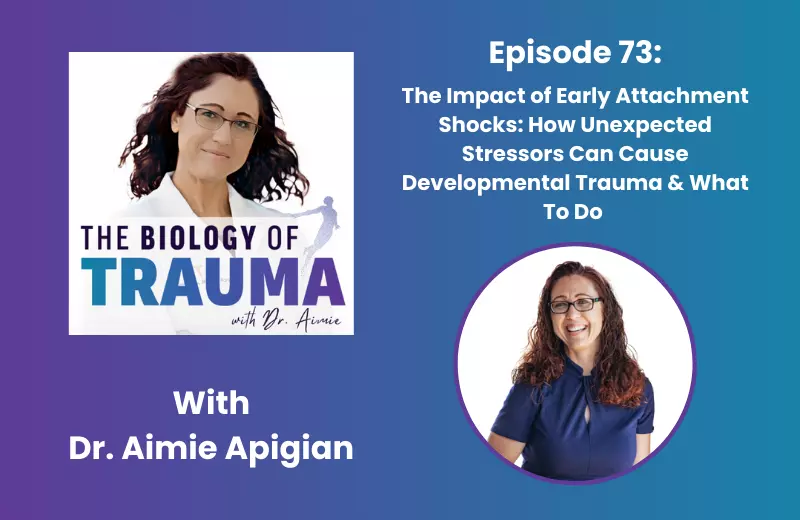
The Impact of Early Attachment Shocks: How Unexpected Stressors Can Cause Developmental Trauma & What To Do
I’ve seen firsthand how unexpected stressors early in life, which I call “heart shocks,” can disrupt a baby’s sense of safety, trust, and healthy attachment.
In this podcast, I explain what causes these heart shocks and how they can impact a child.
What is a “Heart Shock”?
One of the most important concepts I teach is “heart shocks.”
A heart shock refers to an unexpected shock to our sense of attachment and safety. It overwhelms a baby or young child’s system and physiology.
We’re all wired from a very early age to expect care, protection, and having our needs met. Infants come into this world with the assumption that we will be taken care of and protected.
So when something happens that goes against these expectations, it causes a shock.
One of the key elements that make an event a “heart shock” is the fact that it is unexpected. Babies and young children do not have the ability to anticipate stressors or understand why unexpected things happen.
When something occurs without warning that is contrary to their basic needs, it overwhelms their system.
Because it is so abrupt and compressed, a heart shock does not allow the body to go through its normal stress response cycle. Instead of having time to feel stressed and then take action, the body has an immediate trauma response.
This response involves a rapid shift between states of heightened arousal and shutdown that is difficult for the system to process.
Without the ability to properly complete its response, this overwhelming experience gets stored in the body.
It remains an unresolved trauma that can severely disrupt a child’s sense of safety, trust, and attachment to caregivers.
Some common causes of heart shocks in infancy and early childhood include birth complications, separation from caregivers after birth, maternal depression, medical procedures, physical injuries, and abuse.
In my practice, I’ve seen how even one unexpected stressful event early in a child’s life can have lasting impacts on their development.
Cellular Changes from Early Life Stress
When a baby or young child experiences an unexpected stressful event or “heart shock,” it triggers a trauma response at the cellular level. I’ve studied extensively how this early stress shifts the way a child’s body functions.
The immediate effect of a heart shock is that the body goes into a “survival mode.”
At the cellular level, energy that would normally go towards growth and development gets redirected towards survival and energy conservation instead.
Bracing in the tissues and muscles develops. This is because it is a way of disconnecting from the pain in our hearts and body. It causes increased tension in some muscle groups as the body braces itself, while other muscle groups experience a lack of tone. On a systems level, we see impacts on the digestive system, immune dysregulation, and changes in the autonomic nervous system.
The nervous system becomes wired over time to be in a more reactive state. It also develops patterns of perceiving cues of danger, even when there is no real threat present.
This neuroception response gets shaped by early life experiences of stress through the attachment relationship.
Without the ability to properly process traumatic events, these stressful experiences become deeply ingrained on a biological level.
The chronic stress response and dysregulation that results is what I refer to as a “biology of trauma.”
It’s clear to me that these cellular changes from early life stress have lasting impacts. They increase a child’s risk for issues like chronic disease, attachment problems, and difficulties with self-regulation that can persist well into adulthood without intervention and support.
Impact on Attachment and Development
I’ve seen how unexpected stressors like heart shocks can severely disrupt a child’s sense of safety, trust, and ability to form secure attachments.
Attachment is crucial to an infant’s survival, as they cannot care for themselves and rely completely on caregivers to meet their needs.
When a heart shock occurs without a trusted caregiver to help the child process what happened, this unresolved trauma gets stored in the body.
Without being able to complete the trauma response, a heart shock compromises the degree of internal regulation a baby develops. This affects their neuroception, or innate ability to perceive safety and danger, which is shaped by early attachment experiences.
Neuroception forms the basis for how safe or threatened a child feels in the world. When a heart shock occurs, it wires the nervous system to see danger even when there is no real threat present. This is because the unexpected happened before, so it could happen again. I’ve seen time and time again how this disrupted sense of safety and attachment can have profound impacts. It increases the risk of health issues, attachment problems like difficulty trusting others, and issues with self-regulation that can persist into adulthood without proper support.
By understanding how early life stress shapes development, we can better help children and families heal from trauma by restoring their sense of safety, trust, and secure attachments through compassionate care.
Overcoming Trauma with Compassion
As a child development expert who has helped many adults heal from early life adversity, I’ve found compassion to be key.
For those with a history of heart shocks or other trauma, believing recovery is possible feels impossible at times.
This is because a part of them continues to feel the effects of that initial overwhelm – like the trauma is still happening or they don’t deserve relief from pain. Without realizing it, people protect this vulnerable part that experienced trauma by avoiding difficult memories and self-sabotaging progress.
In my practice, the most powerful intervention is showing unconditional care, acceptance, and safety towards all aspects of the person – including parts experiencing ongoing distress.
When individuals feel truly seen and not judged for having survived through adversity, they can start to face painful memories without fear.
Rather than trying to immediately “fix” or problem-solve this vulnerable inner child part, I find it most helpful to act as a “hero” or “savior” figure by simply being present without an agenda.
This allows the relationship and sense of trust to develop first before deeper trauma processing.
Through micro-dosing safety, compassion, and patience, it is amazing to witness how people can reclaim their lives by regaining a sense of control over their internal experiences and responses to the present moment. Healing from early life trauma is an incredible journey of reconnecting with our innate resilience.
Here’s what you’ll learn in this podcast episode:
- Understanding what a heart shock is.
- How early life heart shocks affect attachment and survival.
- Examples of early life heart shocks and their impact.
- The cellular, tissue, and system-level effects of heart shocks.
- How Heart Shocks change the nervous system and neuroception
- The connection between early life heart shocks and adult diseases.
- Recognizing the “part” of us affected by early life shocks.
- The importance of being a “hero” for the affected part.
Related And Helpful Links
Where To Start:
Foundational Journey: A 6-week Journey I lead where I take you into your own nervous system. I want to teach you how to create that felt sense of safety in your body.
We lay this foundation through somatic and parts work.
Think of it as stabilizing your system before going into surgery. We lay the foundation before doing the deeper trauma work. We follow The Essential Sequence next for safely opening up the body during this Foundational Journey.
Guides
Essential Sequence: Guide honoring the process to safely address stored trauma on a smaller scale if you’re not ready for the foundational journey.
Related Podcasts
Can Stored Trauma In The Body Cause Self-Sabotage? With Dr. Arielle Schwartz, Part 1: Trauma often pushes you to recoil into yourself emotionally because of childhood conditioning, but it is possible to learn a new way of being. Dr.Arielle Schwartz, Ph.D., joins me to discuss stored trauma in the body and how it inevitably leads to self-sabotage.
What Is The Best Way To Help Our Families Health From Their Trauma: A story of adoption, relationship struggles, and deciding to adopt. Only to find that Heather needed to finally look at her own adoption experience to help her family and her marriage.
Supplements
Cellular Energy Support: Chronic stress and trauma mode for such a long time can cause a lack of energy. I use this even! It has holy basil and ashwagandha to help you come out of chronic stress and trauma. Your cells need energy to repair before anything else can happen in your healing journey. This is the best cellular support I’ve found!
Tri-Magnesium Power: I take this during the day and at night! I have 3 different kinds of supplements I use, but this is one of the best supplements to help you, so you can choose which one best serves you! I choose magnesium every time because it helps activate certain enzymes that are important for the repair of injured tissues (including cells that have stored trauma!)
Products I recommend from this episode
Disclaimer:
By listening to this podcast, you agree not to use this podcast as medical, psychological, or mental health advice to treat any medical or psychological condition in yourself or others. This podcast is for informational and educational purposes only and does not constitute professional advice, diagnosis, or treatment. Always consult your own physician, therapist, psychiatrist, or other qualified health provider regarding any physical or mental health issues you may be experiencing. This entire disclaimer also applies to any guests or contributors to the podcast. Under no circumstances shall Trauma Healing Accelerated, any guests or contributors to The Biology of Trauma® podcast, or any employees, associates, or affiliates of Trauma Healing Accelerated be responsible for damages arising from the use or misuse of the content provided in this podcast.
Comment Etiquette:
I would love to hear your thoughts on this episode! Please share your constructive feedback by using personal name or initials so that we can keep this space spam-free, and let’s keep the discussion positive!
Drop your thoughts below about the episode! I want to hear from you.
Connect with me on social media
Foundational Journey
You. Calm. Alive.
Be safely guided step-by-step through the essential process for addressing stored trauma in your body.
Disclaimer:
By listening to this podcast, you agree not to use this podcast as medical advice to treat any medical condition in either yourself or others. Consult your own physician for any medical issues that you may be having. This entire disclaimer also applies to any guests or contributors to the podcast. Under no circumstances shall Trauma Healing Accelerated, any guests or contributors to The Biology of Trauma podcast, or any employees, associates, or affiliates of Trauma Healing Accelerated be responsible for damages arising from the use of the podcast.
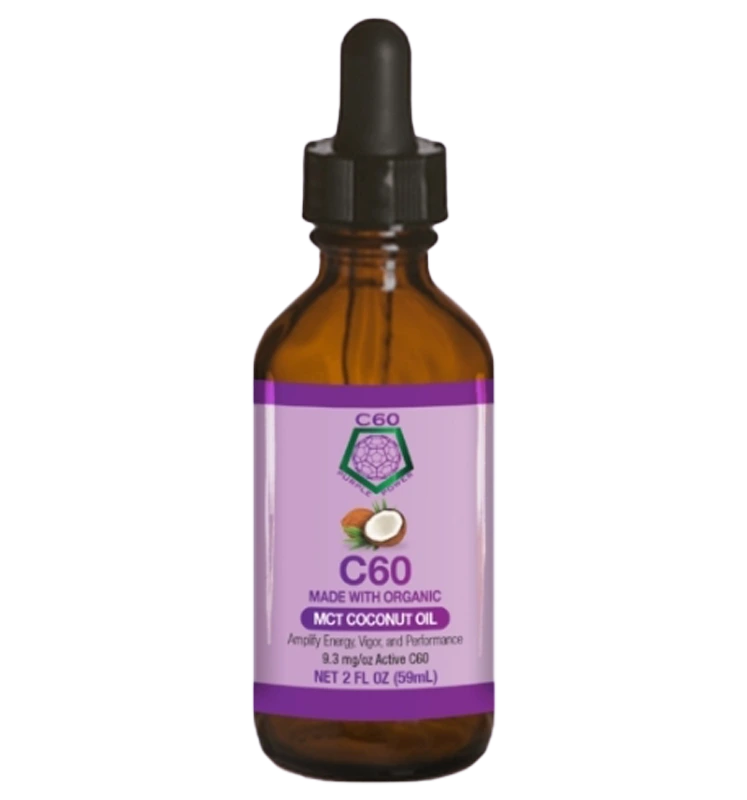
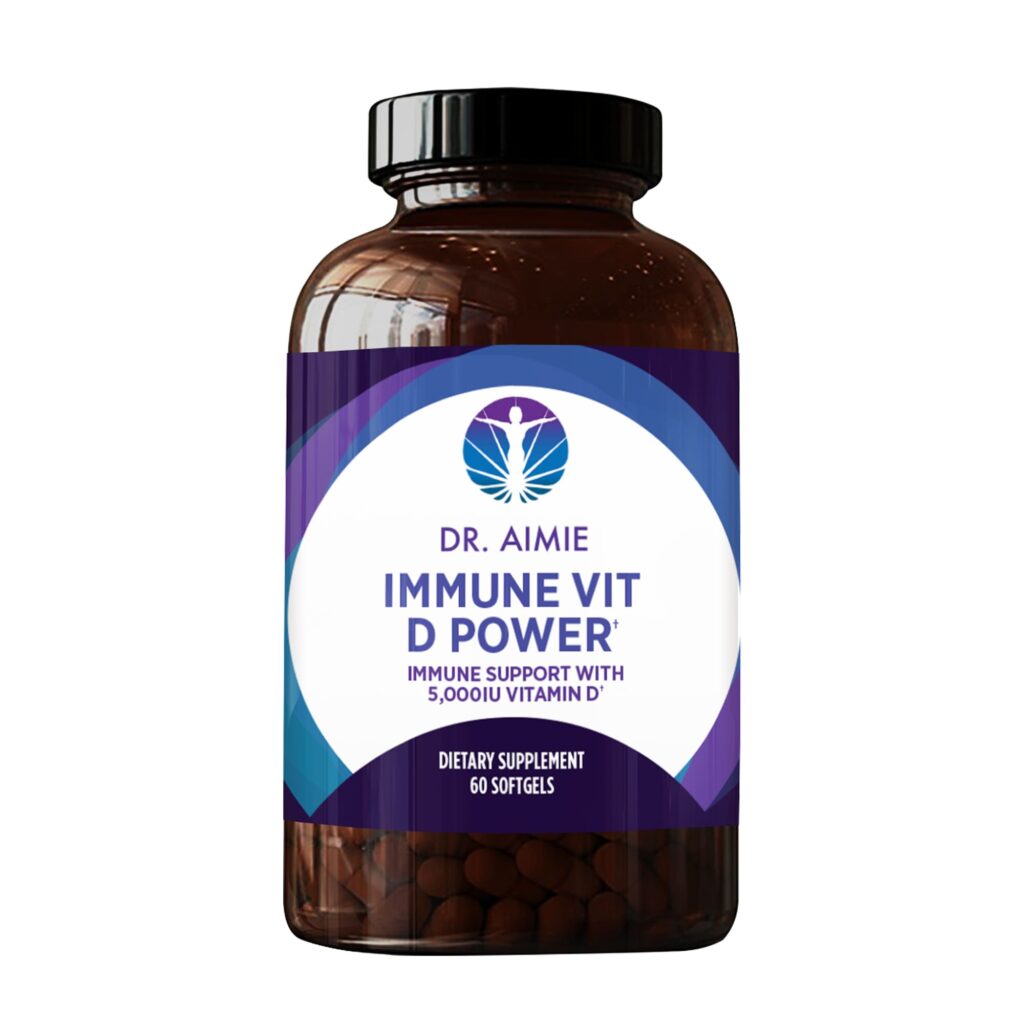
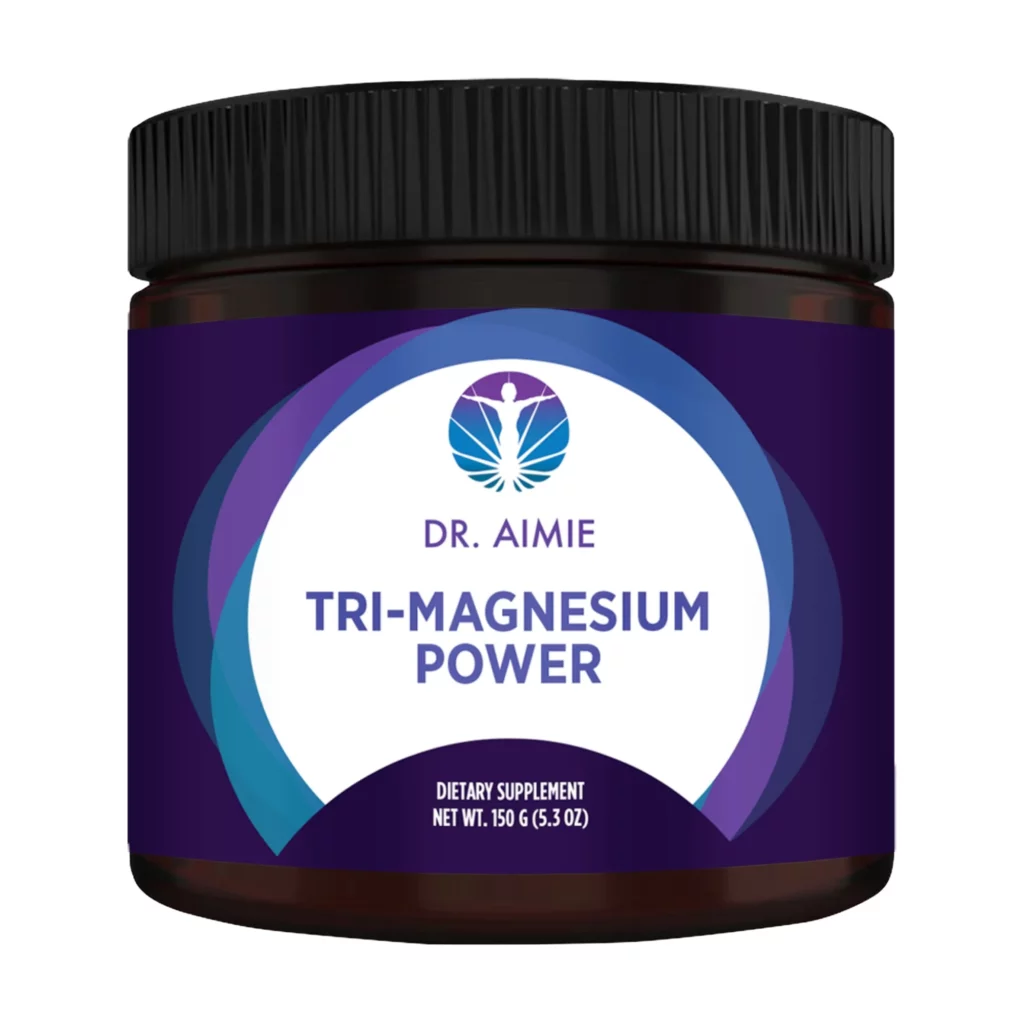
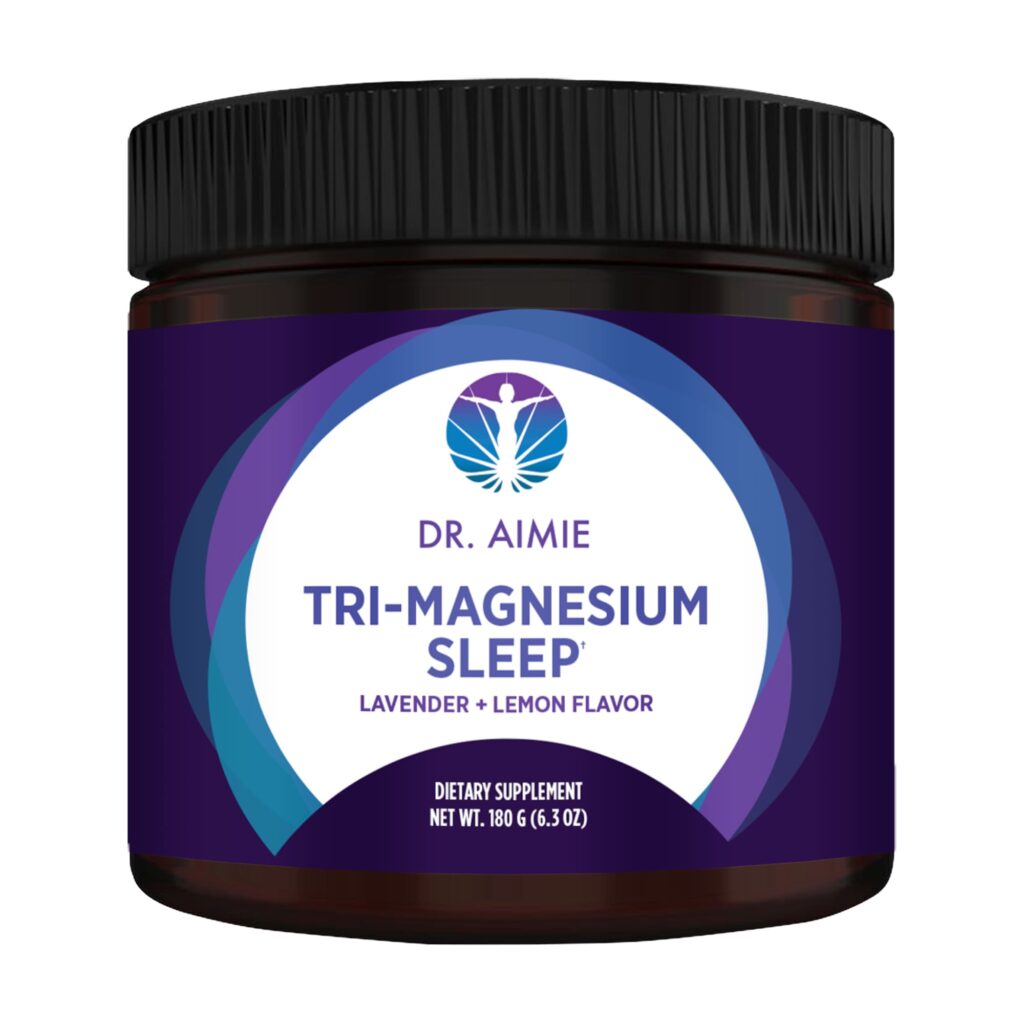
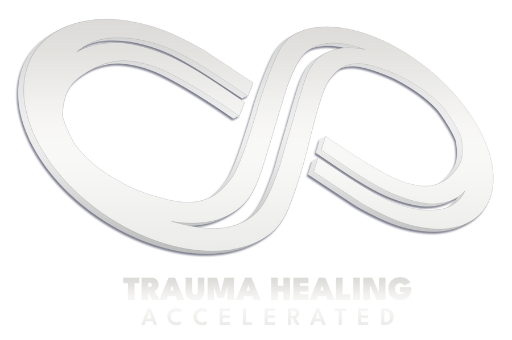

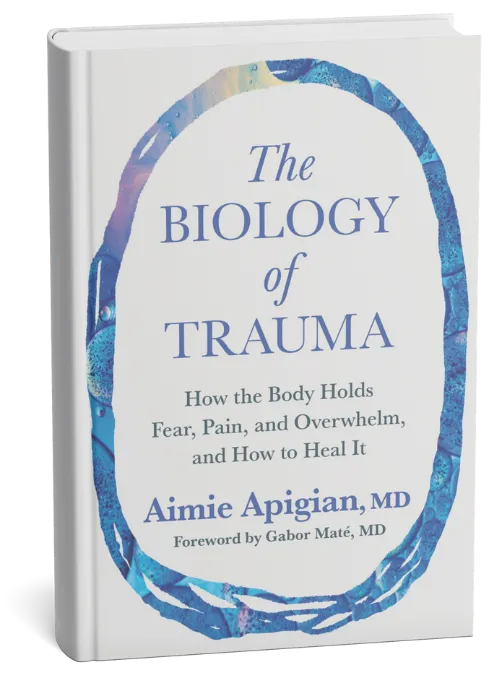
3 Responses
I am an adoptee with early medical trauma and your podcasts have been critical in finding the healing! Thank you for all the work you have done to help us heal! I would love to see you interviewed on the adoptee podcasts like Adoptees On to reach a wider healing for adoptees.
Thank you so much, Dr Aimie! I can’t go into detail right now, but what you said in Ep 73 was so on the ball about not just one, my 80 year old husband, victim of childhood trauma, which seems to have prevented him developing the capacity to feel loved/cared about, but another, a new friend who, despite seeming unable to value himself properly, has paradoxically through his incredible musical gifting been instrumental in helping me start to work through my own childhood trauma. I hasten to assure you that this friendship is being conducted on strictly ‘platonic’ terms, to use the world’s terminology, but is actually in the Agapé realm, and I remain in touch with my church’s support network.
Right now, I need to get on with my husband’s and my morning routine. But it has been most encouraging to hear your detailed exposition of the role of the ‘hero’, first of all to ‘hang in there’ carefully encouraging the building of trust.
Many thanks, it is so good to at last have practitioners such as yourself teaching about such matters, which seem to underlie so many of today’s problems. To quote a comment from.Shelagh Brown 30 years ago in some Bible study notes:
“It takes a long time for a child who has been [or felt: my comment] rejected to dare to believe that he is loved”
All the best,
Dot
I’m a 60+ adoptee, aware of the effects of birth trauma for about 30 years. This is, by far, the best explanation of the experience, symptoms and long term effects I’ve ever heard. Thank you for bringing it all together so clearly and with such love and compassion.